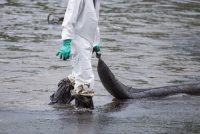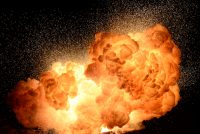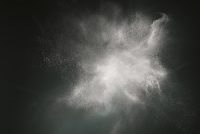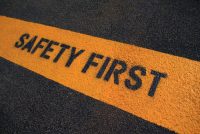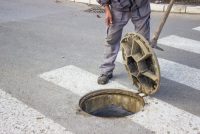Tips for Conserving Energy in a Disaster
After a disaster, you’ll probably need to get in touch with a lot of people. But you could also have a limited ability to recharge your electronic devices, including cell phones, laptops, and tablets. The following checklist, adapted from recommendations by the Federal Emergency Management Agency (FEMA), will help ensure you have enough battery power […]


